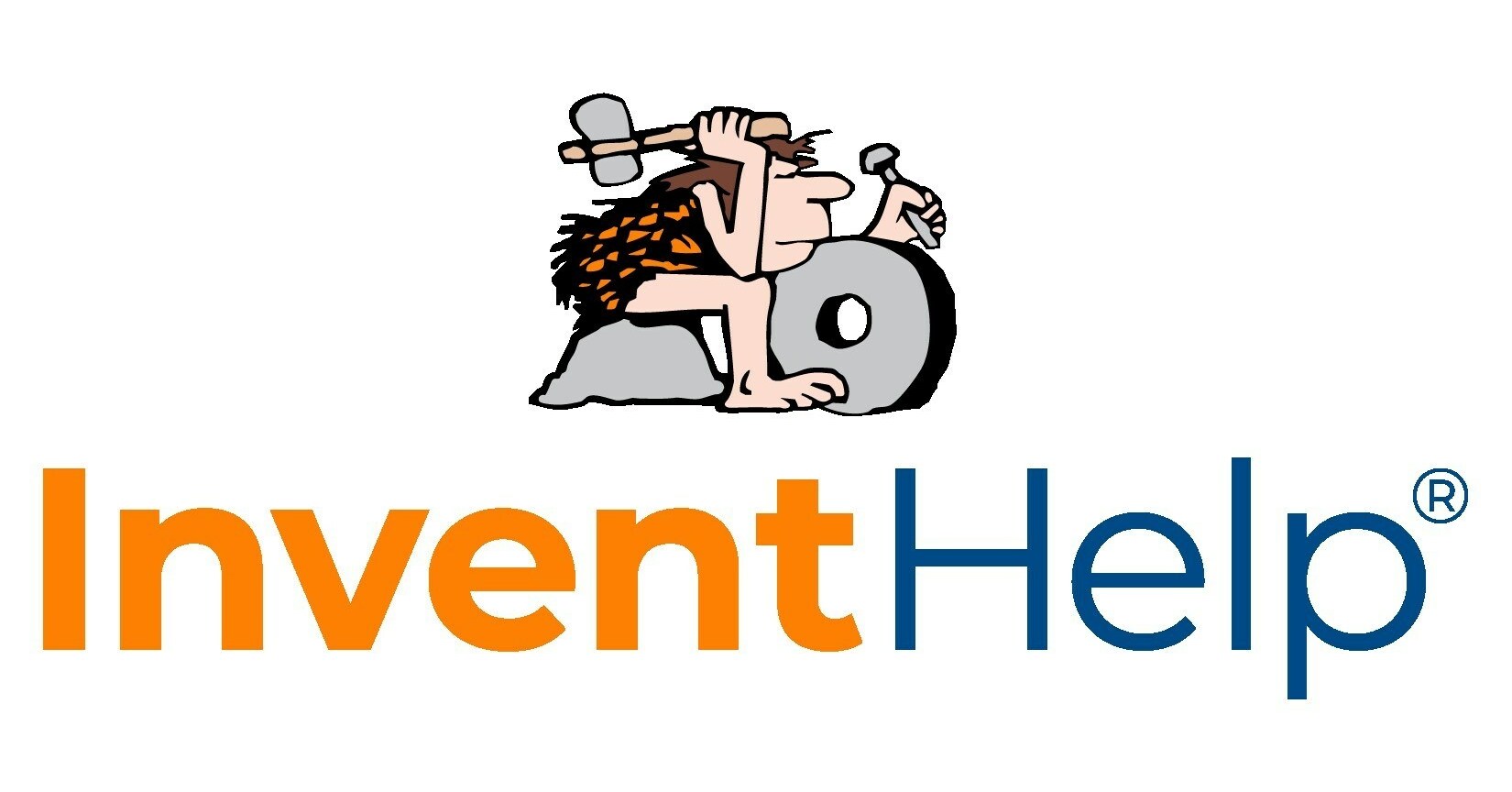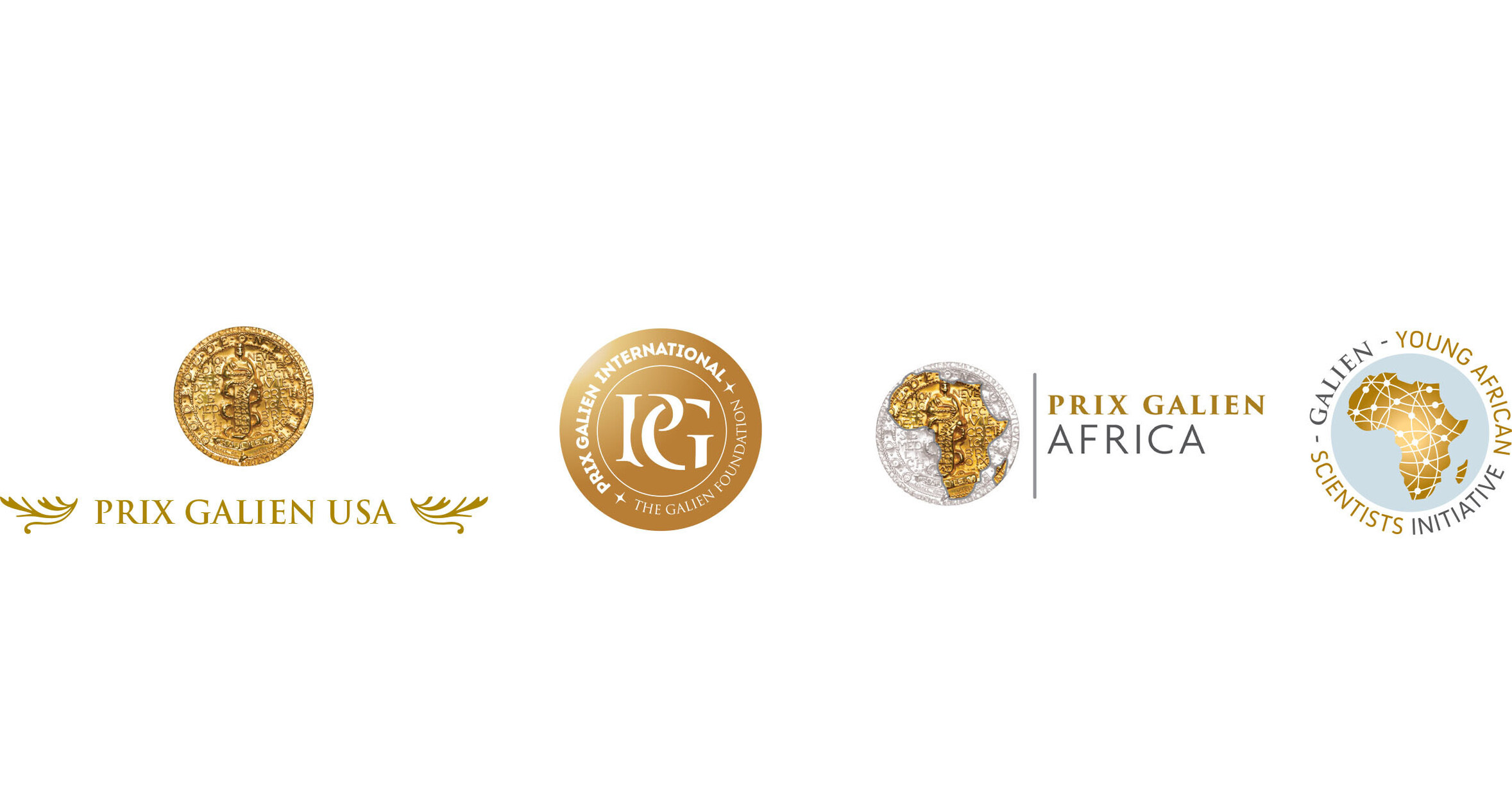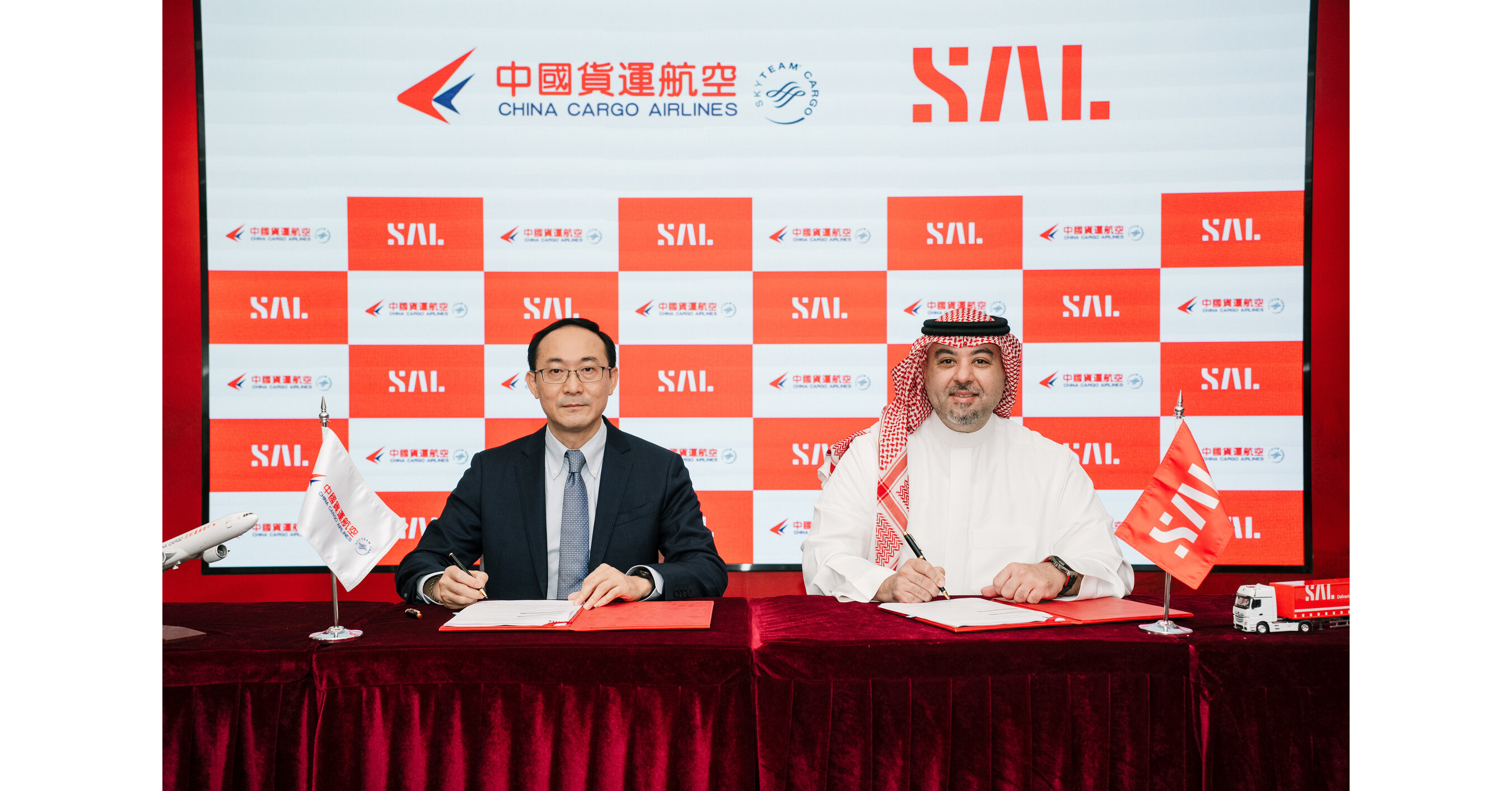Press Release from the Volvo Environment Prize Foundation
GOTHENBURG, Sweden, Oct. 31, 2025 /PRNewswire/ — Naomi Oreskes, a world-renowned earth scientist and historian from Harvard University, is the recipient of the 2025 Volvo Environment Prize. She is being honored for her influential work on the history of science, climate change, and scientific consensus, and is also the co-author of the acclaimed book Merchants of Doubt (2010).
Oreskes holds the position of Henry Charles Lea Professor of the History of Science and serves as an Affiliated Professor of Earth and Planetary Sciences at Harvard. She began her career as a geologist before transitioning to research in the history of science. Previously, she taught for 15 years at UCLA and joined Harvard in 2013, a university with a long-standing tradition in the history of science. Founded in 1636, it was established during the Scientific Revolution—a time when figures like Copernicus, Galileo, and Kepler challenged conventional ideas, paving the way for Newton and others who laid the foundations of modern science.
The history of scientific development spans hundreds of years, featuring rapid advancements from the invention of the primitive telescope to particle accelerators, leading to space travel, modern medicine, and computing. However, as Oreskes notes in her various works, scientific advancement does not always follow a continuous upward trajectory.
“New findings are always questioned”, she says. “That’s how science works. Through this process of questioning, we can discern good claims from bad ones, separating the wheat from the chaff, and figuring out what seems to be true about the world.”
Oreskes says science isn’t reliable because of a single method, but because scientific claims are rigorously scrutinized. “Most people think that science is reliable by virtue of its method,” says Oreskes. “But that idea is wrong. In reality, there is no singular scientific method. What makes scientific claims reliable is the process by which they are vetted. Only the claims that pass this scrutiny can we say constitute scientific knowledge.”
In the climate science debate, Naomi Oreskes has been actively engaged for several years, navigating a landscape where discussions can be intense and findings are often challenged. In 2010, she co-authored Merchants of Doubt, drawing parallels between the climate change debate and earlier public controversies, particularly regarding the tobacco industry’s denial of the link between smoking and severe diseases—a connection now widely accepted.
Oreskes argues that opposition to the notion that human activities contribute to climate change is not a scientific debate; the discussion is settled. There is a broad consensus within the scientific community that humans are driving climate change.
“I mean, if anything is proven, climate science is proven,” she asserts. “Science, as we know it, has been practiced for about 500 years, making it one of the longest-standing institutions on Earth, sustained because scientists have developed methods that typically yield reliable answers.”
She believes there is little need for further research to confirm that human emissions cause climate change, but emphasizes the necessity for more social research focused on adaptation.
“The tragic part of that history is that we could have avoided this problem had we started addressing it 30 years ago when scientists first warned, ‘Hey, pay attention.’ Now it’s too late. We are facing a future centered on adaptation and creating resilience.”
Despite occasional public resistance to climate science, Oreskes does not perceive a significant decline in public trust. “Trust in science actually hasn’t diminished significantly. Public opinion polls indicate that in most parts of the world, trust in science remains fairly strong. About 60 to 80% of people express a moderately high level of trust in science, which is encouraging,” she adds.
The Jury for the Volvo Environment Prize stated in their motivation for the 2025 award: “Naomi Oreskes stands as a leading figure in the contemporary history and philosophy of science, shaping our understanding of how scientific knowledge is collectively constructed and addressing the challenges of misinformation in public discourse.”
Volvo Environment Prize
Since its inception 36 years ago, the Volvo Environment Prize has grown to become one of the most respected environmental awards in the scientific community. The award ceremony will be held on December 11, 2025, in Stockholm, Sweden, alongside a seminar.
For more information about the 2025 laureate and the award, please visit www.environment-prize.com.
Journalists wanting further information, please contact:
Claes Eliasson, Head of Media Relations
+46 76 553 7229
[email protected]
For more information, please visit volvogroup.com
For frequent updates, follow us on LinkedIn
The Volvo Group drives prosperity through transport and infrastructure solutions, offering trucks, buses, construction equipment, power solutions for marine and industrial applications, financing and services that increase our customers’ uptime and productivity. Founded in 1927, the Volvo Group is committed to shaping the future landscape of sustainable transport and infrastructure solutions. The Volvo Group is headquartered in Gothenburg, Sweden, employs more than 100,000 people and serves customers in almost 190 markets. In 2024, net sales amounted to SEK 527 billion (EUR 46 billion). Volvo shares are listed on Nasdaq Stockholm.
This information was brought to you by Cision http://news.cision.com
The following files are available for download:
SOURCE AB Volvo




